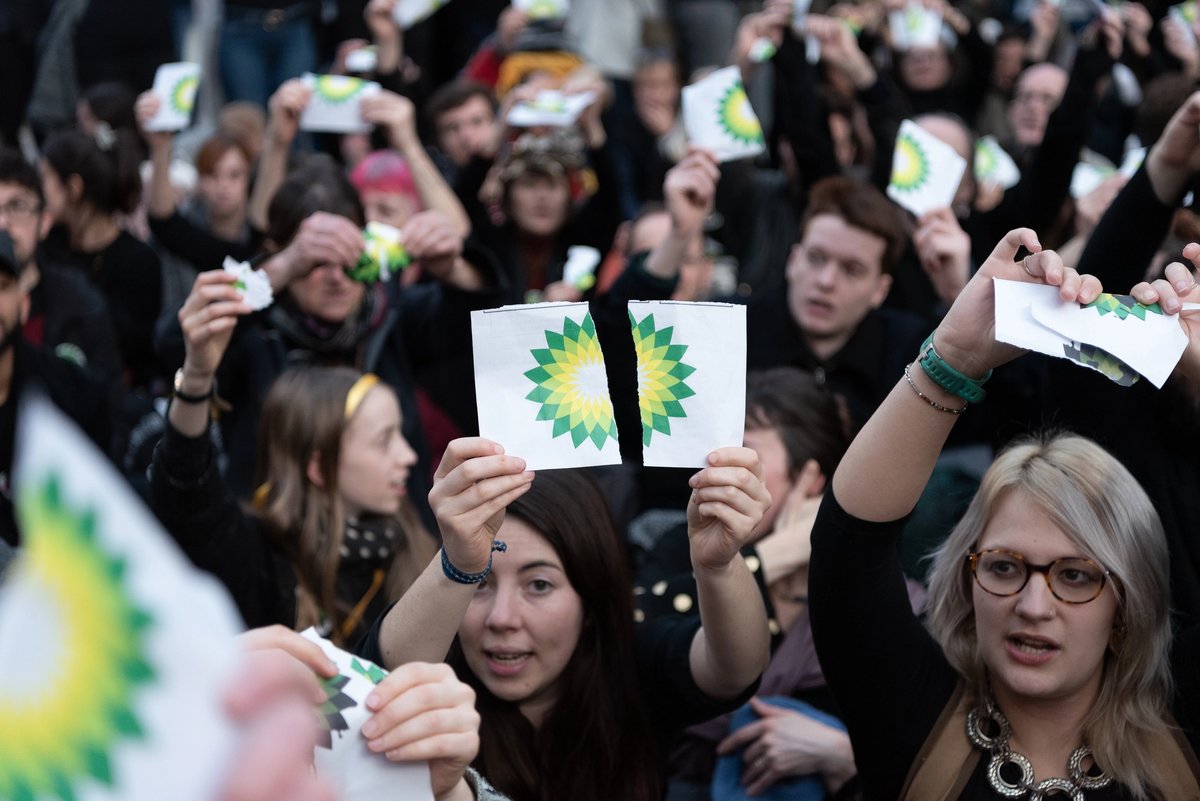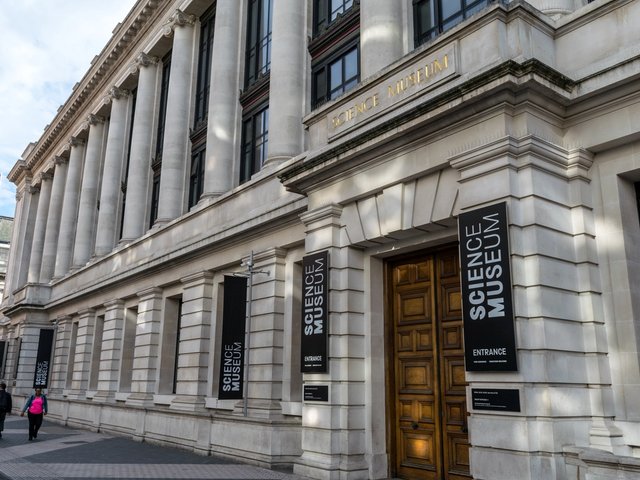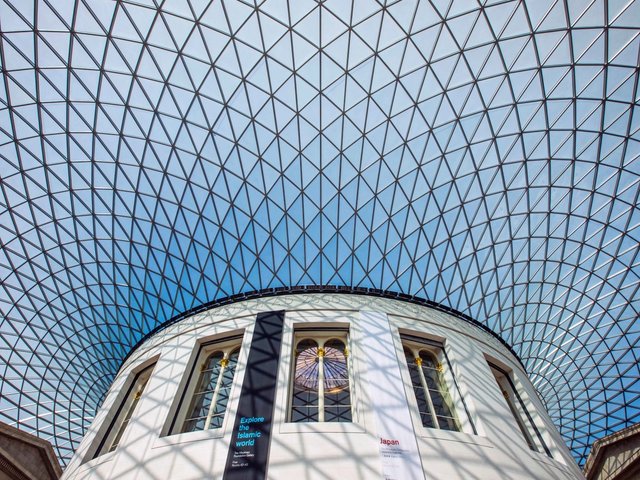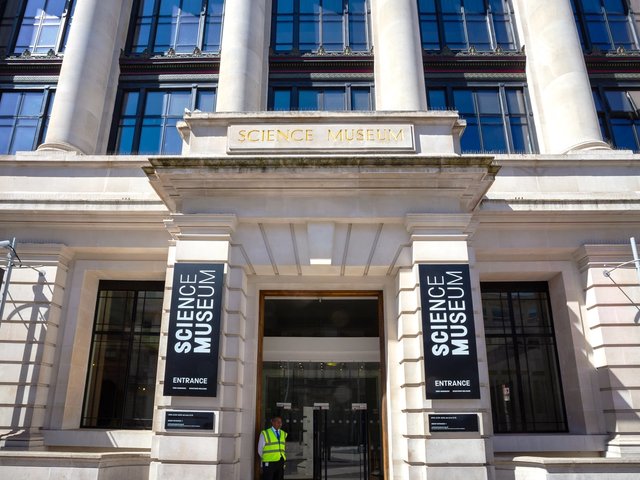The UK parliament will on Monday (7 July) debate whether advertising and sponsorship by fossil fuel producers—such as the deals struck by the British Museum and Science Museum—should be banned, after a petition backed by the broadcaster Chris Packham received more than 100,000 signatures.
Campaigners argue that due to the harm caused by coal, oil and gas production in accelerating the climate crisis, the government should outlaw its promotion, in the same way the previous Labour government banned tobacco advertising in 2003.
The government, however, says that while it “is committed to reducing emissions from high carbon products” it currently has “no plans to restrict fossil fuel advertising”. Any such restriction would be the task of the independent Committees of Advertising Practice and Advertising Standards Authority, it says.
In the past, fossil fuel companies have signed numerous sponsorship deals with the arts and museum sector in the UK, but in recent years many of these cultural institutions have cut ties due to the reputational risk of being associated with corporations responsible for environmental harm.
The Royal Opera House, National Portrait Gallery, Royal Shakespeare Company and the Tate galleries are among those that no longer receive sponsorship from oil giant BP.
Chris Packham, who is also an environmental campaigner, said: “For far too long we have allowed those guilty of plundering our planet the most—the fossil fuel giants—to greenwash their filthy reputations through advertising and sponsorship. Through multi million deals with the British Museum, the Science Museum, and many other beloved cultural institutions, companies like BP and Shell effectively ‘buy’ their social license to continue to operate. We say no more. Tobacco advertising was banned in 2002 because we all know smoking kills. Fossil fuels kill too, so let’s get the ban done!"
Frances Morris, the director of Tate Modern from 2016 to 2023, told The Art Newspaper that legislation to ban fossil fuel sponsorship was “crucial” and that she was frustrated that some institutions in the culture sector continued to “greenwash” for polluting corporations.
“As the UK races to meet our net zero targets, the need to combat fossil fuel extraction has never been more urgent,” she says. “While many museums, cultural institutions and artists are taking significant measures to combat the escalating climate and nature crisis, it is deeply frustrating that a few high-profile institutions demonstrate irresponsible leadership and continue to endorse greenwashing corporate partnership deals with major planetary polluters.”
Morris, who is also the chair of the Gallery Climate Coalition—a charity supporting sustainability in the art world—added: “Legislation to ban such deals is crucial. It would liberate our institutions from the conflicts of interest they currently face in fundraising, allow them to refocus their roles and responsibilities, and help them rebuild the public trust they are currently in danger of losing.”
Two high-profile institutions that have come under fire are the Science Museum, which has a sponsorship deal with Adani Green Energy—part of the Adani Group, the world’s largest private coal producer—and the British Museum, which is sponsored by BP.
A spokesperson for the British Museum told The Art Newspaper: “The Museum is embarking on the most exciting and ambitious redevelopment project in its 270-year history, modernising its iconic buildings which are in urgent need of renovation. Significant financial support is vital for this to proceed, and we need corporate as well as private donations to ensure that the magnificent collection stays on display to the public for centuries to come.”
The Science Museum did not immediately respond to a request for comment.
A Westminster Hall debate is triggered if a petition is signed by more than 100,000 members of the public. The debate will be live-streamed on parliament’s website from 4.30pm on Monday 7 July.





